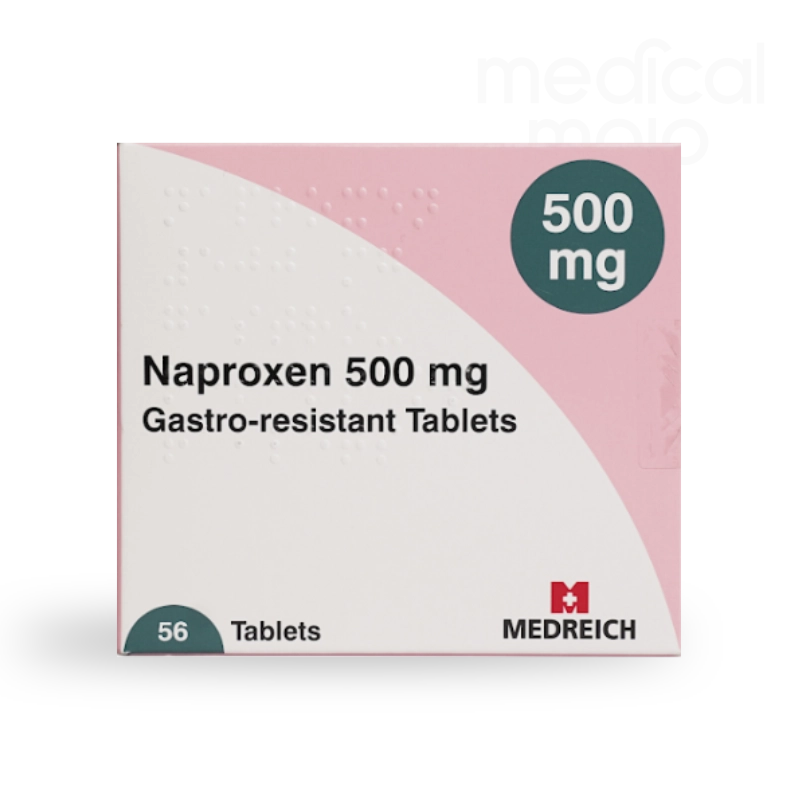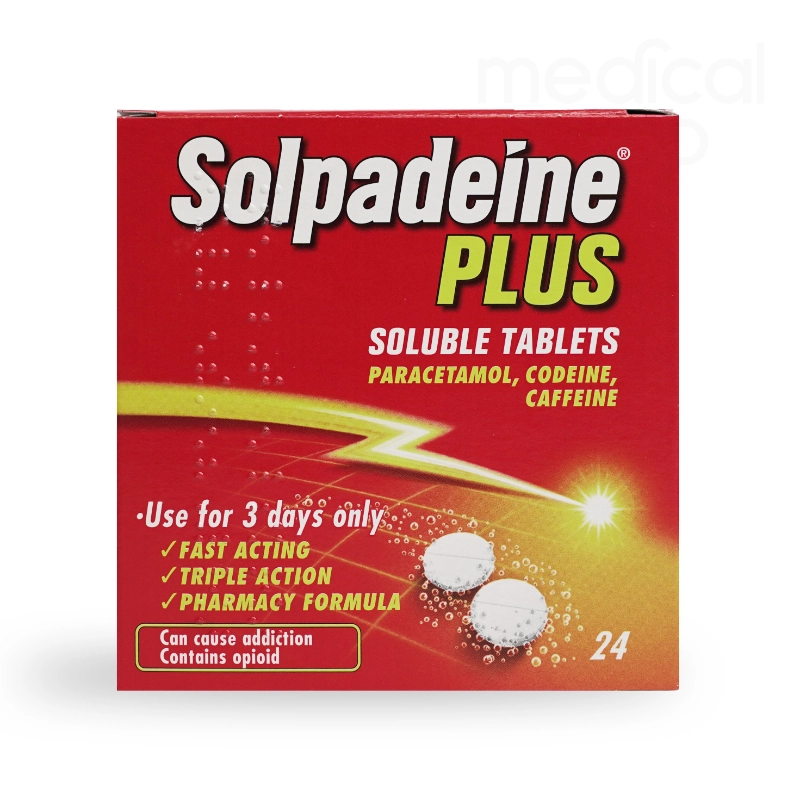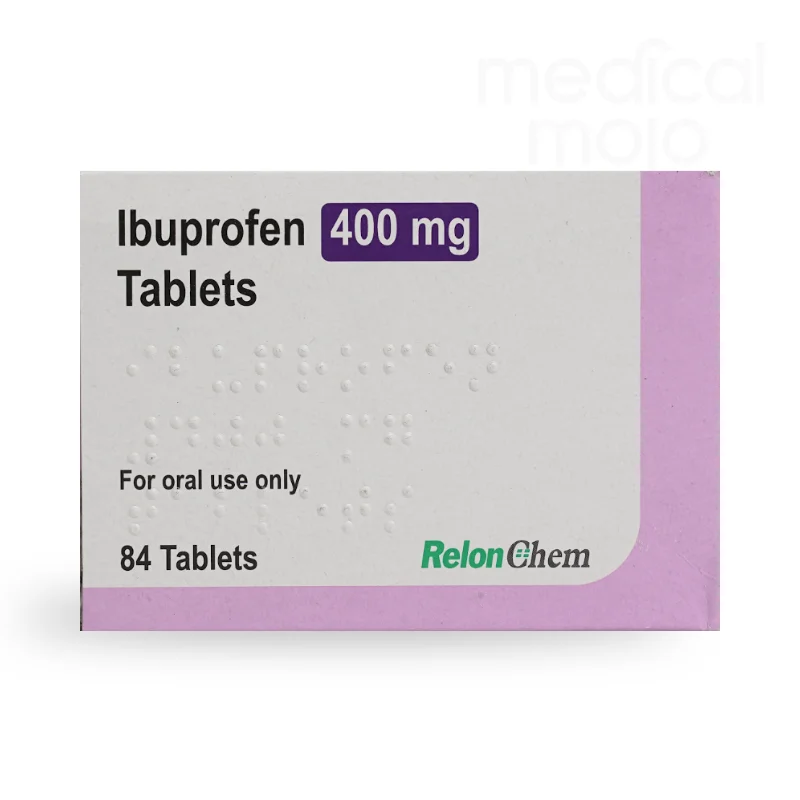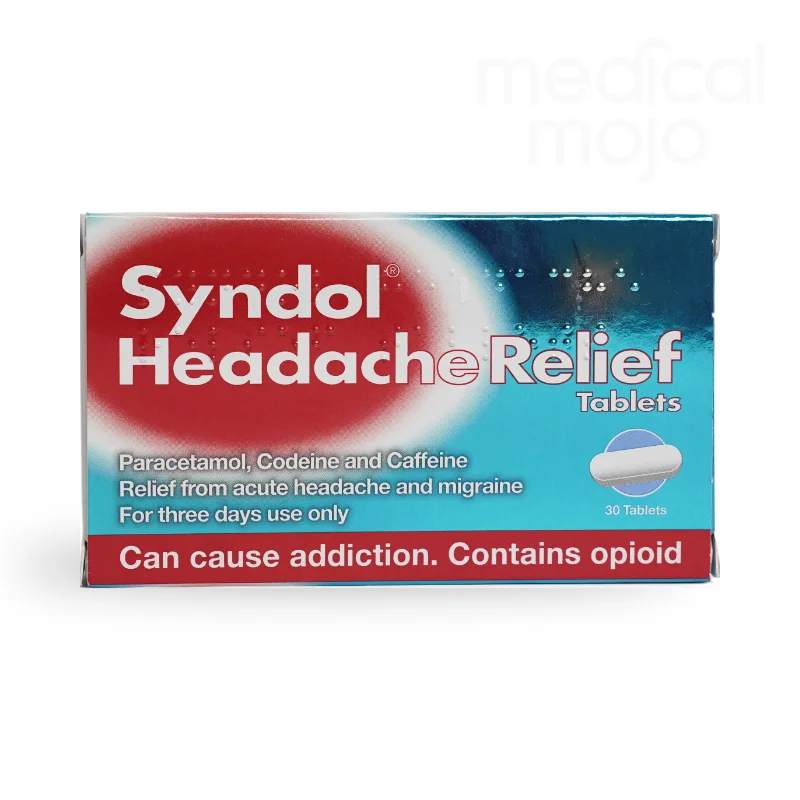Naproxen Tablets should be taken orally with plenty of water, preferably with food. Try to take them at the same time every day.
Can I take Naproxen Tablets during pregnancy, breastfeeding, or if I'm trying to conceive?
Pregnancy:
Do not take Naproxen Tablets if you are in the last three months of pregnancy, as it can harm your baby. If you are pregnant, think you may be pregnant, or are planning to have a baby, consult your doctor or pharmacist before taking this medicine.
Breastfeeding:
Naproxen passes into breast milk, so you should avoid breastfeeding while taking Naproxen Tablets.
Fertility:
Naproxen Tablets may make it more difficult to become pregnant. Inform your doctor if you are planning to conceive or if you are experiencing difficulties becoming pregnant.
Can I drive or operate machinery while taking Naproxen Tablets?
Naproxen Tablets may cause side effects such as dizziness, drowsiness, vertigo, difficulty sleeping, depression, tiredness, and visual disturbances. If you experience any of these effects, do not drive or operate machinery.
Can I drink alcohol while taking Naproxen?
No, you should not consume alcohol while taking Naproxen. Alcohol can damage the lining of your stomach and may lead to gastritis, which has very uncomfortable symptoms. Other potential effects of combining alcohol with Naproxen include:
- Holes in the stomach or intestine
- Digestive issues or heartburn
- Bloody vomit or vomit that looks like coffee grounds
- Blood in stools, or black or tar-like stools
How does Naproxen affect circulation?
Naproxen may slightly increase the risk of heart attack or stroke, particularly with long-term use or if you have existing heart disease. Do not use Naproxen before or after any type of heart surgery.
How does Naproxen affect the stomach?
- A: Long-term use of Naproxen can cause internal bleeding in the stomach or intestines, which can be fatal if untreated. Watch for symptoms like stomach pain, indigestion, or passing blood or black, tarry stools. If you experience any of these symptoms, seek medical attention immediately.
What should I do before taking Naproxen?
Before taking Naproxen, thoroughly read the Patient Information Leaflet included in the product packaging.
How does Naproxen compare to ibuprofen and diclofenac?
Naproxen vs. Ibuprofen:
Naproxen is a stronger anti-inflammatory than ibuprofen and is used for moderate pain and inflammation or when ibuprofen has been ineffective. For a detailed comparison, refer to our Naproxen vs Ibuprofen guide.
Naproxen vs. Diclofenac:
Naproxen provides a similar level of pain relief and anti-inflammatory activity as diclofenac. Naproxen has largely replaced diclofenac in the UK due to concerns about diclofenac's adverse effects on the heart and gastrointestinal system.











